
Tricoryl Syrup
Manufacturer
Hema Laboratories
Salt Composition
Chlorpheniramine Maleate (2mg/5ml) + Phenylephrine (5mg/5ml)
Key Information
Short Description
Tricoryl Syrup is a medicine used in symptomatic treatment of common cold in children. It provides quick relief from common cold symptoms such as runny nose, stuffy nose, and sneezing.
Dosage Form
Syrup
Introduction
Tricoryl Syrup is a medicine used in symptomatic treatment of common cold in children. It provides quick relief from common cold symptoms such as runny nose, stuffy nose, and sneezing.
Directions for Use
Take this medicine in the dose and duration as advised by your doctor..Check the label for directions before use..Measure it with a measuring cup and take it by mouth..Shake well before use..Tricoryl Syrup may be taken with or without food but it is better to take it at a fixed time.
How it works
Chlorpheniramine Maleate is an antiallergic which relieves allergy symptoms like runny nose, watery eyes and sneezing..Phenylephrine is a decongestant which narrows the small blood vessels providing relief from congestion or stuffiness in the nose.
Quick Tips
Take it as per the dose and duration prescribed by your doctor. It may cause dizziness and sleepiness. Don't drive or do anything that requires mental focus until you know how it affects you. Avoid consuming alcohol when taking Tricoryl Syrup as it may cause excessive drowsiness. Inform your doctor if you are pregnant or planning to conceive or breastfeeding.
Related Medicines

Sinarest-AF New Syrup
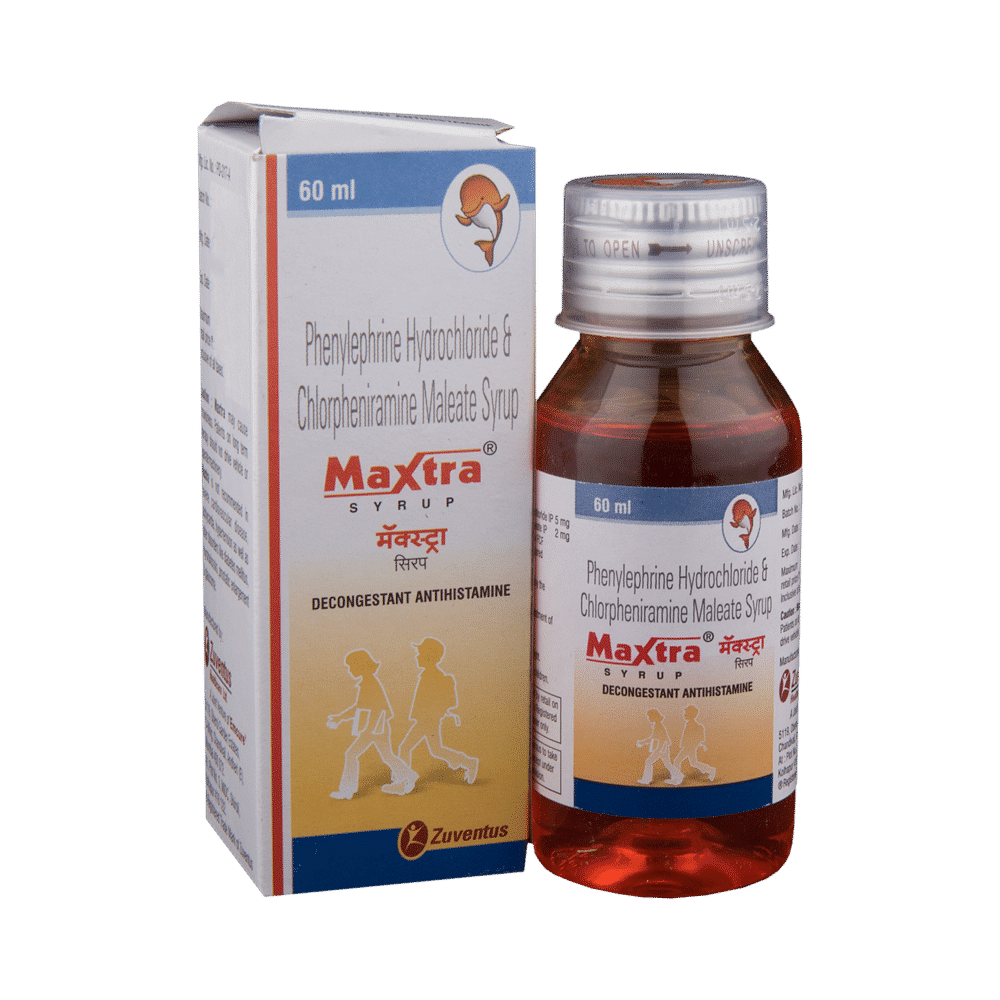
Maxtra Syrup
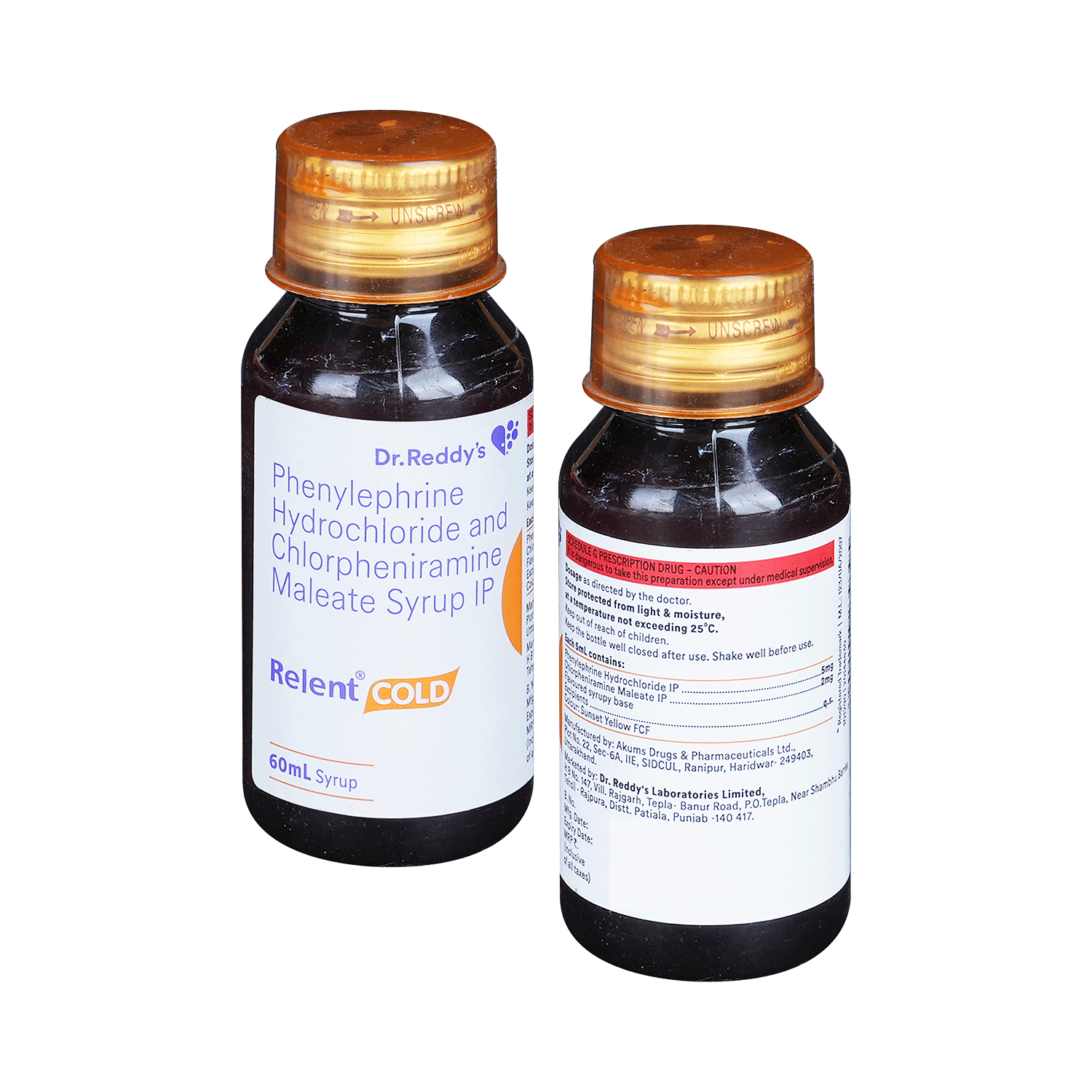
Relent Cold Syrup

Entimin Syrup
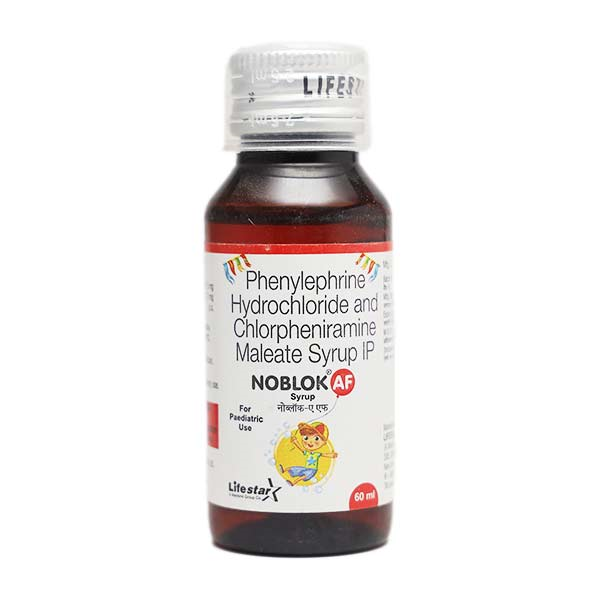
Noblok-AF Syrup
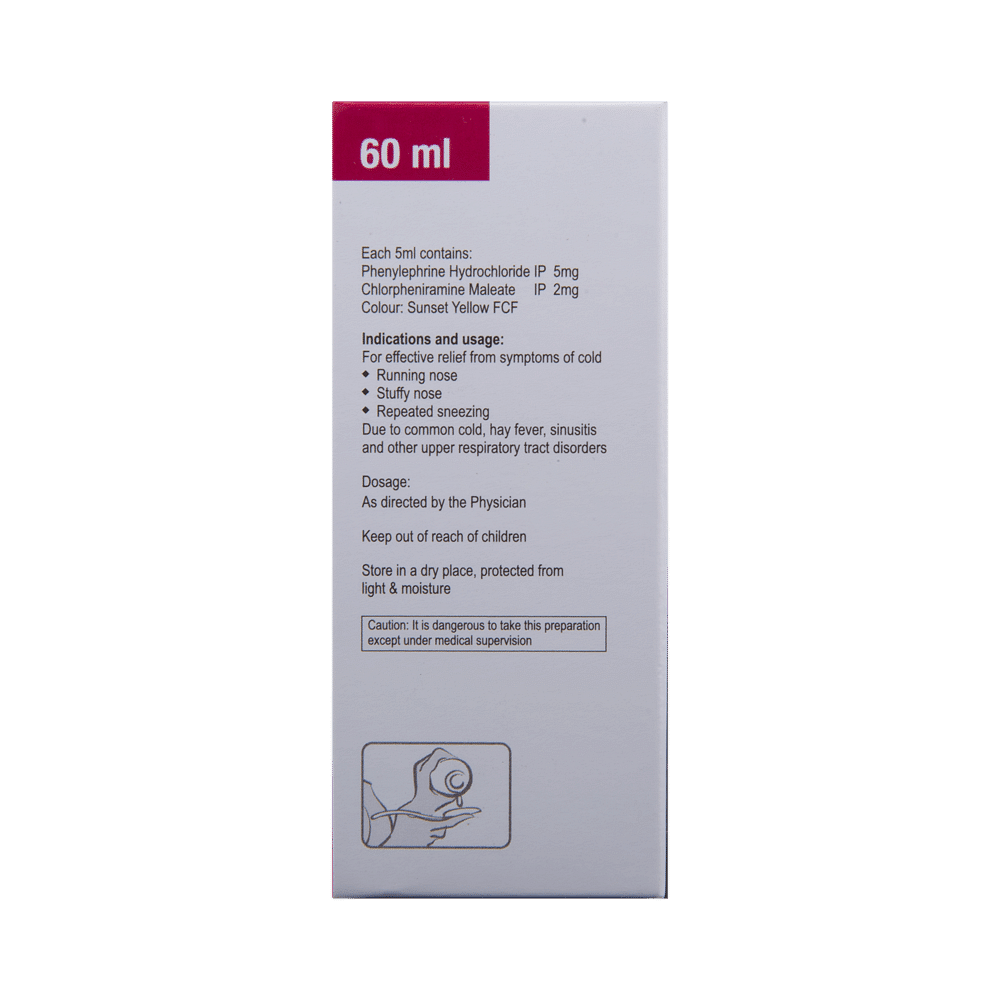
Solvin Cold AF Syrup
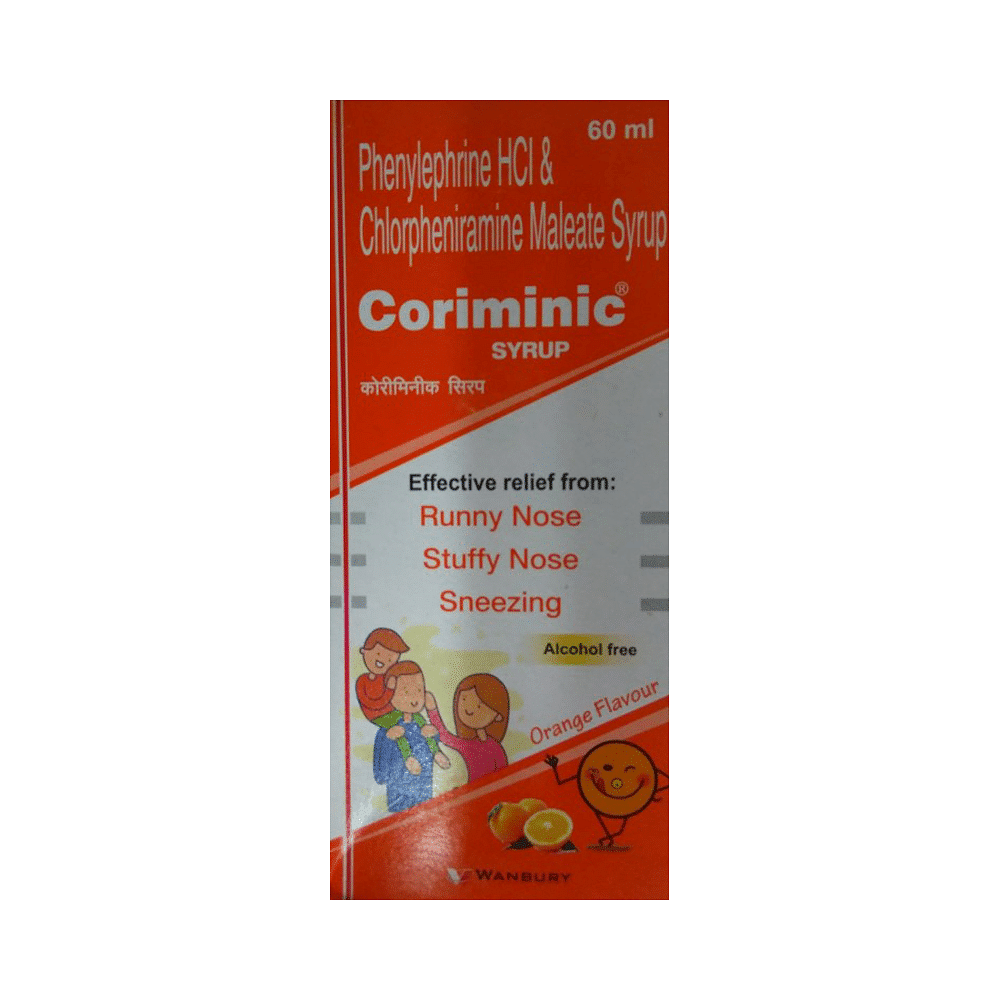
Coriminic Syrup
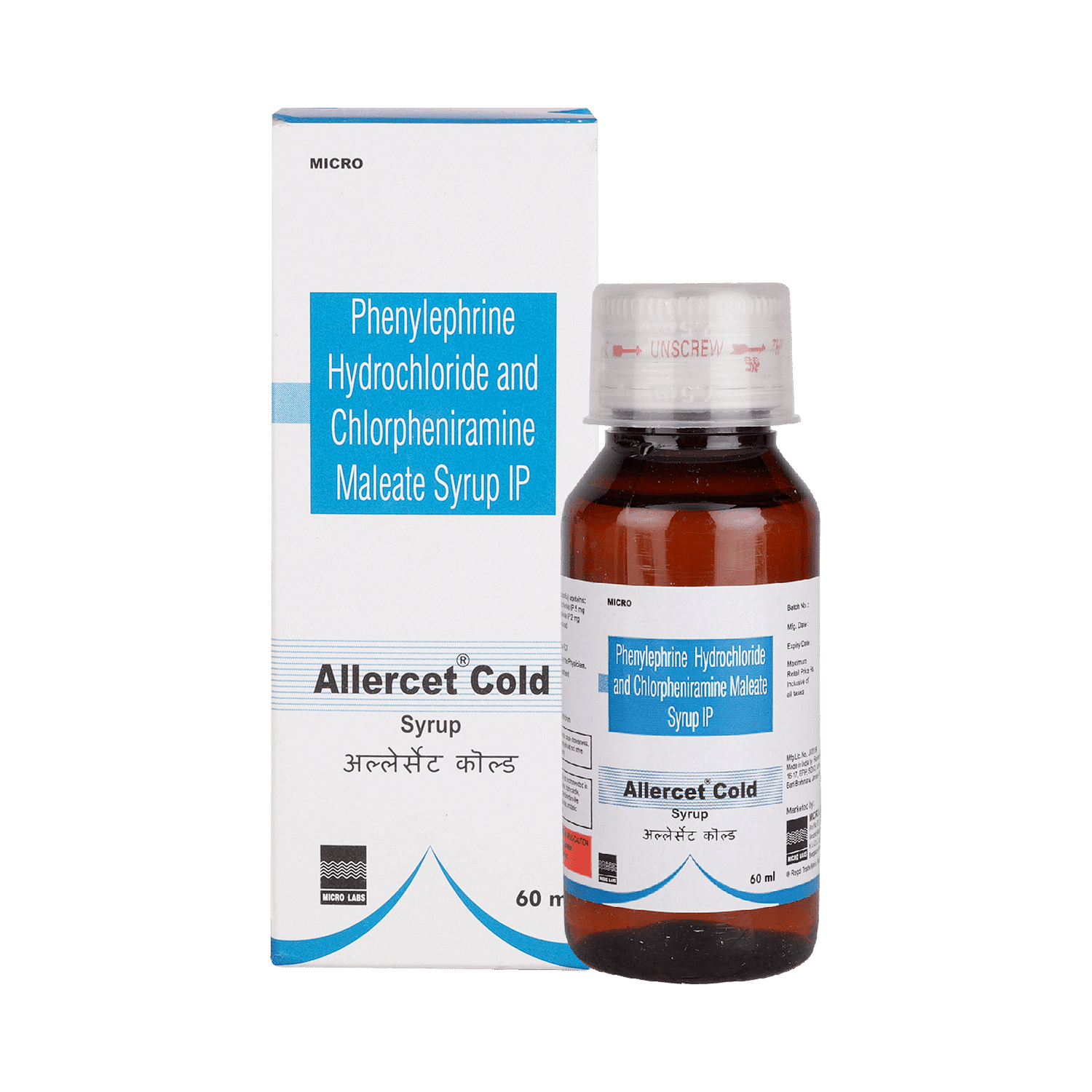
Allercet Cold Syrup
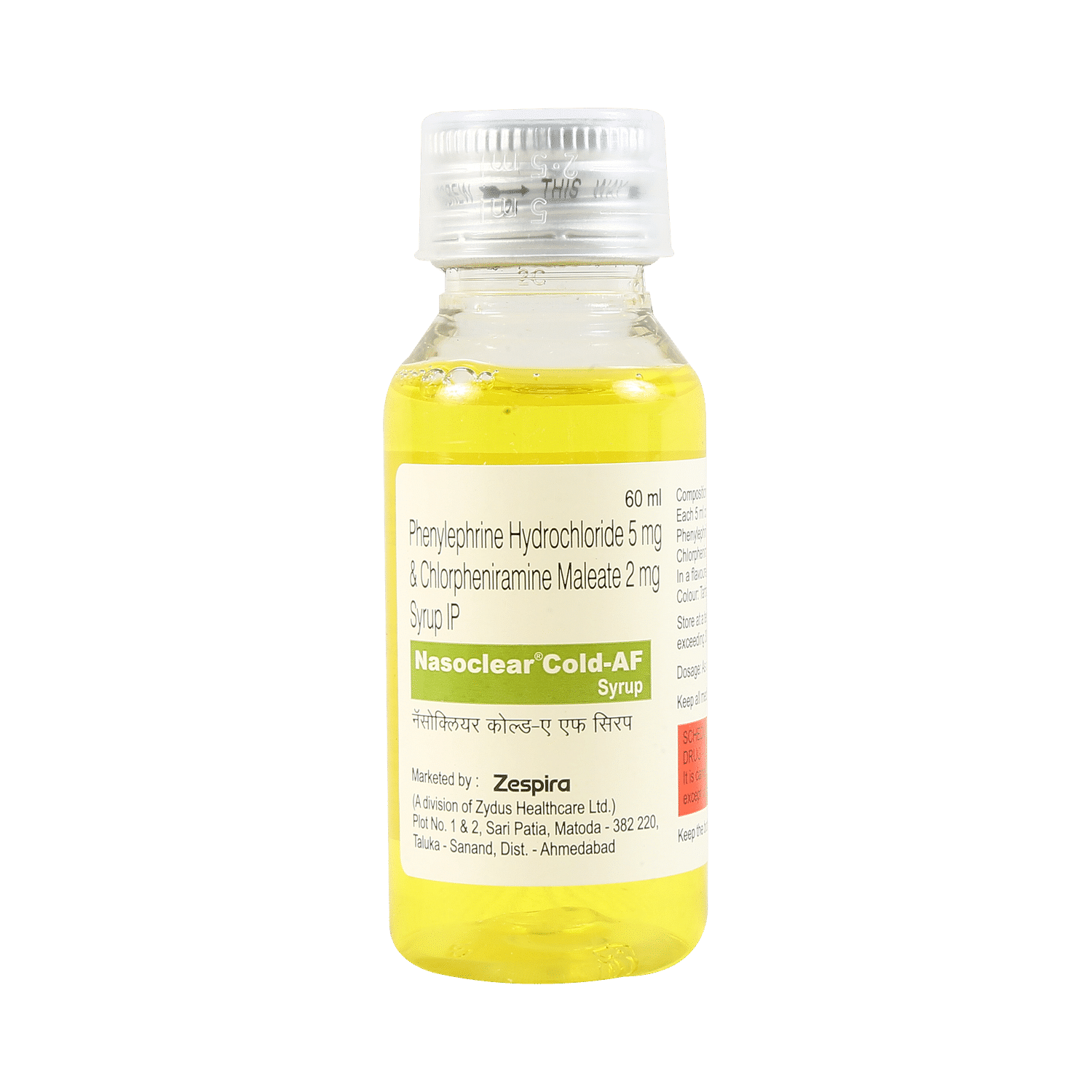
Nasoclear Cold-AF Syrup

Coriminic Syrup Orange
Frequently asked questions
What is Tricoryl Syrup?
Tricoryl Syrup is a combination of two medicines that help to relieve symptoms of a cold. It contains Chlorpheniramine, an antihistamine that reduces allergy-related symptoms such as runny nose, watery eyes, and sneezing. It also contains Phenylephrine, a decongestant that narrows small blood vessels in the nasal passages, providing relief from congestion or stuffiness.
Is it safe to use Tricoryl Syrup?
Tricoryl Syrup is generally safe for most patients when taken as directed by their doctor. However, some patients may experience side effects like nausea, vomiting, headache, sleepiness, and other uncommon or rare effects. If you experience any problems while taking this medicine, please inform your doctor immediately.
Can the use of Tricoryl Syrup cause nausea and vomiting?
Yes, Tricoryl Syrup can cause nausea and vomiting in some patients. Taking it with milk, food, or antacids may help prevent nausea. Avoid fatty or fried foods when using this medication, and if you experience vomiting, drink small amounts of water frequently. Consult your doctor if vomiting persists.
Can the use of Tricoryl Syrup cause sleepiness or dizziness?
Yes, drowsiness is a common side effect of Tricoryl Syrup. Avoid driving, operating heavy machinery, or engaging in other activities requiring full attention until you have consulted with your doctor. Do not combine Tricoryl Syrup with alcohol, other cough and cold medications, or sedatives as they may increase drowsiness.
Can I take a higher than the recommended dose of this medicine?
No, exceeding the recommended dosage can lead to increased side effects from overdose. Do not start, stop, or change your medication dosage without consulting your doctor first.
Are there any specific contraindications associated with the use of Tricoryl Syrup?
Tricoryl Syrup may be harmful for individuals with known allergies to any of its ingredients. It is crucial to disclose all medical conditions to your healthcare provider, including heart disease, high blood pressure, hyperthyroidism, glaucoma, and an enlarged prostate (difficulty urinating).
What is the recommended storage condition for Tricoryl Syrup?
Store Tricoryl Syrup in its original container or package, tightly sealed. Always follow the instructions provided on the packaging label regarding storage and expiration dates. Do not share this medication with pets, children, or other individuals without proper guidance from your doctor.
What is Tricoryl Syrup?
Tricoryl Syrup is a combination of two medicines that provide relief from cold symptoms. Chlorpheniramine, an antihistamine, reduces allergy-related symptoms like runny nose and watery eyes by blocking histamine. It also contains Phenylephrine, a decongestant that narrows blood vessels in the nasal passages to relieve congestion or stuffiness.
Is it safe to use Tricoryl Syrup?
Tricoryl Syrup is generally safe for most patients when taken as directed by their doctor. However, some individuals may experience side effects like nausea, vomiting, headache, sleepiness, and other uncommon or rare effects. It's important to consult a healthcare professional before using this medication.
Can the use of Tricoryl Syrup cause nausea and vomiting?
Yes, Tricoryl Syrup can lead to nausea and vomiting in some individuals. In these cases, taking it with milk, food, or antacids may help prevent nausea. It's important to consult your doctor for advice on managing this symptom.
Can the use of Tricoryl Syrup cause sleepiness or dizziness?
Yes, drowsiness is a common side effect of Tricoryl Syrup. It's essential to avoid driving or operating machinery until you have consulted with your doctor regarding its potential effects and any precautions needed.
Can I take a higher than the recommended dose of this medicine?
No, exceeding the recommended dosage may increase side effects and shouldn't be done. Always consult your doctor before making any changes to your medication regimen.
Are there any specific contraindications associated with the use of Tricoryl Syrup?
Tricoryl Syrup may not be suitable for everyone, particularly individuals with known allergies or pre-existing medical conditions like heart disease, high blood pressure, hyperthyroidism, glaucoma, and an enlarged prostate (difficulty urinating). It's crucial to consult a healthcare professional about potential risks before starting this medication.
What is the recommended storage condition for Tricoryl Syrup?
Store Tricoryl Syrup in its original container or package, tightly sealed. Always follow the instructions provided on the packaging label regarding storage and expiration dates. Do not share this medication with pets, children, or other individuals without proper guidance from your doctor.


